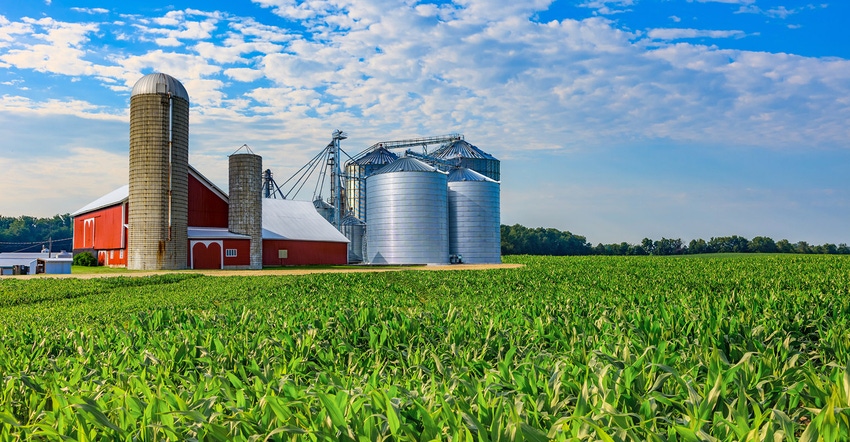
The great bull run of fall 2020 may be over by the time you read this. Or it may be just beginning. That’s the problem with markets; they never let you in on where they are headed.
But let’s say, for the sake of argument, the good times are still rolling. After some six years of ‘head above water’ mode, that’s gotta feel good.
The problem with good times? The brain tends to relax. That sense of urgency drifts away. People start thinking cost management is a quaint business concept.
Think about those glory days in 2012-13, when bankers yearned for farmers to need them. Most didn’t. “What’s your biggest threat?” I asked a Farm Credit guy in 2013. “Cash,” he responded. “Farmers have a lot of it now.”
And some of them started spending it. Wildly. Fancy new equipment and bigger shops. Condos, boats. “Big boy toys,” as Dick Wittman likes to call them.
The venerable Texas A&M ag economist Danny Klinefelter has preached the gospel of good management for years. He’s also listed a host of ways farms can fail, even in the best of times.
There’s a few items on his list you can’t really control. Like, owner death or disability; or natural disasters.
Everything else? Mostly um, operator error. Things like speculation in the markets. Making decisions with inadequate information. Insufficient business monitoring throughout the year. Business dysfunctionality due to unprofessional governance practices. Borrowing for things that can’t pay for themselves. A poor marketing plan. Tunnel vision on production methods (“dad did it that way”). Poor time and money management. Failure to control family living expenses (see “Big boy toys,” above.) Making decisions based on tax minimization. Poor personnel management.
How many of these are recognizable in our business?
We don’t know what 2021 has in store for agriculture. But based on last year we do know anything can happen. You have to be ready for every possibility. You have to mitigate the potential disasters, but you have to be ready to capitalize on the profit opportunities, too.
And when margins widen, it’s easy to take your eye off the ball.
“When times are good, we start reversing our thinking about financial management and the best practices we followed in tough times,” says Wittman, an Idaho rancher and farm management consultant. “We get lax about doing accrual vs. cash tax treatment; we start buying capital depreciable assets we don’t need to avoid paying taxes. That’s unwise because all you’re doing is deferring tax and wasting money on something you may not need.”
Good times may cause you to stop relying on some of your best advisers, including your lender. “We stop getting updates and get less pressure from bankers to prepare good, quality, forward-thinking budgets,” says Wittman, who bases his comments on years of counseling with thousands of farm families.
“People start to think, prices are good, next year will be fine, we don’t need to worry. So the importance of quality financial planning really goes down.”
Loosen the purse strings
Is there a correlation between high grain prices and family living expenses? Based on Illinois Farm Business Farm Management data, average farm family living expenses jumped from $102 per tillable acre in 2010 to $121 per tillable acre in 2013, the height of ag’s recent golden era; costs drifted lower the last six years and were $100 per tillable acre by 2019.
When margins get fat, farm operators tend to stop building business culture; they stop working on the little things that make their operation great, like governance processes and Standard Operating Procedures.
When things are tough they tend to buckle down, work harder at efficiencies, and really focus on quality strategic planning. When times get tough, people become better managers; when times are easy, they lose focus.
Can you avoid that? Of course. It just takes discipline.
“You have an opportunity, right now, to work ON your business instead of in your business,” says Wittman. “With the lockdown we aren’t going to many winter meetings or vacations. Use this pandemic time to advance the culture of the business.
“These are not fun things to do, but if you want to advance the professional culture of your business you have to do it,” he concludes. “This environment is giving us a window to do it.”
The opinions of the author are not necessarily those of Farm Futures or Farm Progress.
About the Author(s)
You May Also Like






